Search
Remove Ads
Advertisement
Summary 
Loading AI-generated summary based on World History Encyclopedia articles ...
Search Results
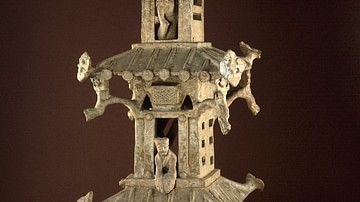
Definition
Han Dynasty
The Han Dynasty (202 BCE - 220 CE) was the second dynasty of Imperial China (the era of centralized, dynastic government, 221 BCE - 1912 CE) which established the paradigm for all succeeding dynasties up through 1912 CE. It succeeded the...
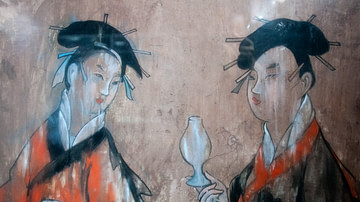
Article
Achievements of the Han Dynasty
The achievements of the Han dynasty (206 BCE - 220 CE), often regarded by scholars and the ancient Chinese themselves as the golden era of Chinese culture, would have lasting effects on all who followed, particularly in the areas of government...
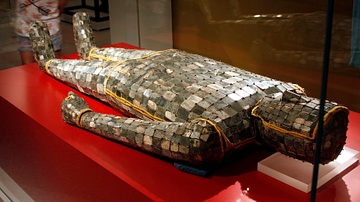
Article
The Art of the Han Dynasty
The art of the Han dynasty (206 BCE - 220 CE) of ancient China is characterised by a new desire to represent everyday life and the stories from history and mythology familiar to all. The arts were fuelled both by a political stability with...
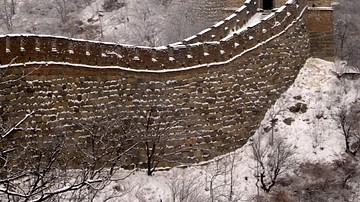
Definition
Ancient China
Ancient China produced what has become the oldest extant culture in the world. The name 'China' comes from the Sanskrit Cina (derived from the name of the Chinese Qin Dynasty, pronounced 'Chin') which was translated as 'Cin' by the Persians...
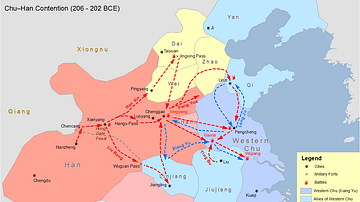
Definition
Battle of Gaixia
The Battle of Gaixia (202 BCE, also known as Kai-Hsia) was the decisive engagement of the Chu-Han Contention (206-202 BCE) at which Liu Bang (l. c. 256-195 BCE), from the State of Han, defeated Xiang Yu (l. 232-202 BCE) of the State of Chu...
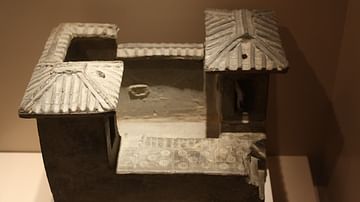
Image
Han Dynasty Farm Model
An unglazed model of a farmyard, Han Dyansty, Eastern Han, 25-220 CE. (Museum of Asian Art, Corfu)
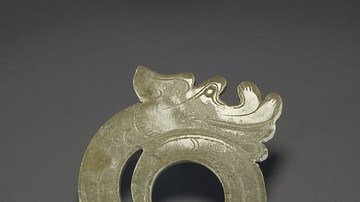
Image
Han Dynasty Jade Dragon
A carved jade dragon. Han dynasty, 2nd-1st century BCE.
The British Museum, London.
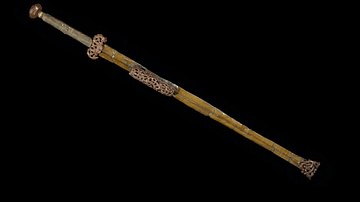
Image
Han Dynasty Sword
A Han dynasty iron sword and scabbard with wood and lacquer decoration, China, 2nd century BCE. (British Museum, London)
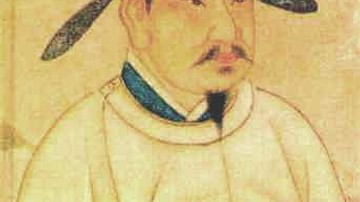
Definition
Tang Dynasty
The Tang Dynasty (618-907 CE) was one of the greatest in Imperial Chinese history. It was a golden age of reform and cultural advancement which lay the foundation for policies which are still observed in China today. The second emperor, Taizong...
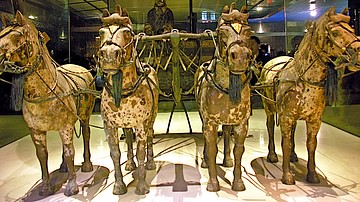
Definition
Qin Dynasty
The Qin Dynasty (221-206 BCE) was the first dynasty of Imperial China (defined as the era of centralized, dynastic government in China between 221 BCE and 1912 CE) which united the separate states following the Warring States Period (c. 481-221...